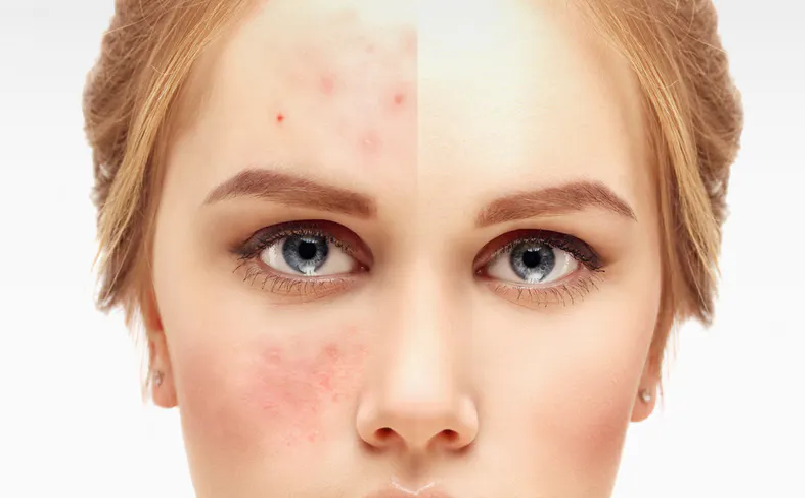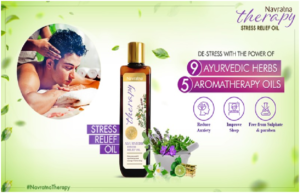Does sugar give you pimples? True

There is more and more solid scientific evidence that diet influences the appearance and severity of acne lesions,” confirms Catherine McCuaig, dermatologist at Ste-Justine Hospital and clinical professor in the Faculty of Medicine. from the University of Montreal. “But not all foods affect acne, and not everyone.”
According to most scientific studies, sugar is the number one enemy of the skin. Bad news, because sugar, known as carbohydrates in food language, is hidden everywhere – or almost – in our western food!
Beware of foods too rich in carbohydrates!
This is a study by Professor Loren Cordain , in 2002, often cited since, which revived the interest of the scientific community for the possible impact of food on acne. The American researcher, who had observed the absence of acne in non-westernized populations of Papua New Guinea and Paraguay, compared their eating habits with those of Westerners. The major difference? The very high intake of carbohydrates (or sugars) from the Western diet, which is found in processed products: sweet cereals, pastries, white bread, cookies, sugary drinks, pasta … The sugar then fell in the sights of researchers, all over the world.
Some, for example, compared residents of rural, non-industrialized areas with city dwellers. Results: the former would effectively protect themselves from acne by their diet low in carbohydrates. According to this article published in 2010 on Skin Therapy Letter , a site written by dermatologists for their colleagues, people who change their local diet for so-called western food see acne problems appear. This was particularly the case for Canadian Inuit when they increased their consumption of soft drinks, beef, dairy products and processed food.
The explanation? American researchers demonstrated in a literature review in 2009 that a high-carbohydrate diet requires the pancreas to provide more insulin to maintain an ideal blood sugar level, which also increases the production of the hormone IGF-1. A high level of this hormone disrupts the sebaceous glands (at the base of each hair) which become inflamed and secrete excess sebum. The pores of the skin become blocked and acne pimples appear.
The researchers then wanted to know what was happening in people who were cutting down on carbohydrates. A 2014 American survey notably cited an experience that noted a marked improvement in acne among Australians who consumed low-carb foods for 12 weeks. The 2010 article on Skin Therapy Letter also puts forward double-blind trials that conclude that people on a low-carbohydrate menu see improvement in their acne.
At the moment, scientific data does not specify how long it takes the skin to react to a food or a change in diet. Eating foods high in carbohydrates from time to time would not cause acne; the problem is thought to be from over consumption, says Professor McCuaig. “For some people, the effect will be felt after a few days, others after a few weeks, we don’t really know yet.”
What about milk?
Although low in sugar, milk consumed in large quantities is associated with acne, many studies suggest. This 2016 American survey and a doctoral thesis carried out in France the same year, present some works which incriminate milk. Certain molecules found in milk, mainly IGF-1 and insulin, influence the production of sebum and the appearance of pimples.
According to these Polish researchers , however, there is no clear and precise data which demonstrates a significant link between the consumption of dairy products and acne. Most of the work carried out on the subject is observational studies which establish a link without necessarily proving a causal relationship.
“The link between milk and acne is not as strong as it is with carbohydrates,” admits Dr. McCuaig. But we cannot dismiss it. On the other hand, it is important not to ban dairy products which are essential, especially for bone growth. If we think that milk influences our acne, we should rather review the amount of milk we ingest. ”
What about cocoa?
There is currently no evidence that ingestion of chocolate influences acne. This is the conclusion of this systematic review carried out by Germans in 2017, this article published on Skin Therapy Letter and these Polish researchers . Studies that suggest a link between chocolate and acne have often not isolated the effect of sugar from that of cocoa. According to Catherine McCuaig, if you see that your acne gets worse when you have chocolate cravings, it is a safe bet that it is the over consumption of sugar that is the cause, and not the cocoa!




